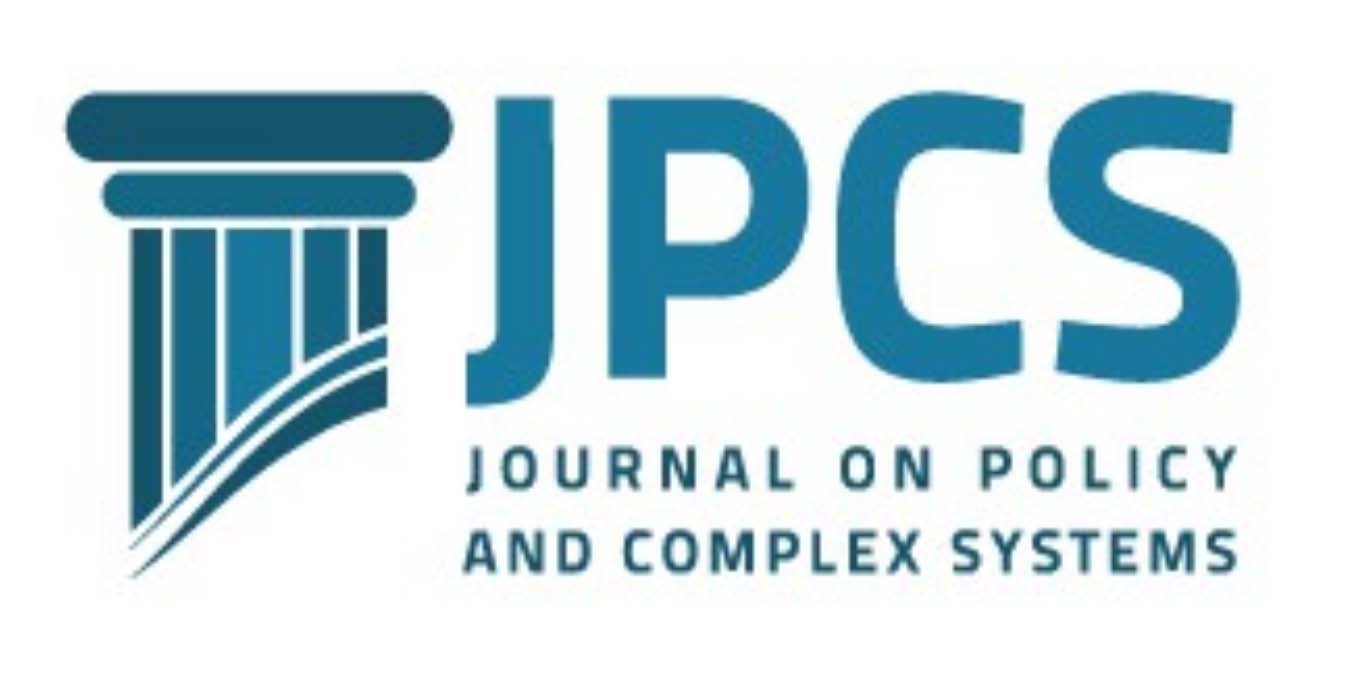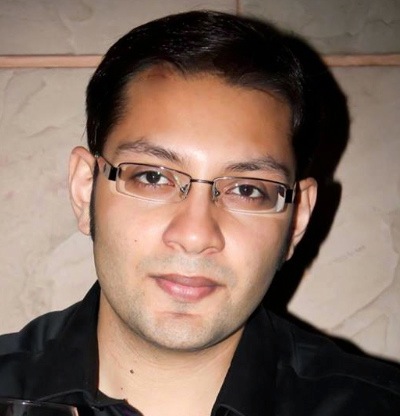|
|
|

Conference Tutorial

|

|

|
"Understanding Complexity I: Simple Applications for Political Science and Policy Research & Theory Development
9:30 AM-1 PM
Complexity science and the study of complex systems focus on how independent parts interact with the environment, giving rise to aggregate system behavior. Complexity science allows social science researchers to move beyond the myth of isolated systems. Due to advances in computing, researchers can now account for novel and rare events, along with understanding trends and indirect impacts of system parts, whole, and interrelationships.
The goal of this session is to provide you with a basic understanding of systems and how they interact at the local and global level. Concepts like agents and how they interact with the environment in simple, complex, adaptive, and emergent systems will be presented in the form of political science and policy simulations. Sample political science and policy problems will be presented and broken down into theory and assumptions, in order to expand skills required for a successful simulation modeling. Strategies behind identifying appropriate agent types, behaviors, and attributes, along with establishing system rules, will be presented for model inclusion. The role of energy, learning, feedback, information, scaling, and fitness will be discussed in order to add to modeling dynamics.
Upon completion of this course, participants will be able to better understand how to incorporate complexity theory into research and recognize the significance of pattern formation in social phenomena. Additionally, participants will be supplied with the base knowledge to move into developing agent-based models and complexity simulations for political science and policy research. An in-depth course curriculum guide will be supplied for additional information and resources on complexity.
"Understanding Complexity II: A Simple Guide to Using & Developing Agent-Based Models for Research"
1PM-5 PM
This course is a must for those who want to add to their research toolkit, the hot new analytical method of agent-based modeling from complexity science. Research questions about parts, whole, and relationships will be transformed into dynamic models of systems, in simulation form. Complex, adaptive, and simple models will be demonstrated with participants developing skills to expand models. This course includes hands-on learning, simple step-by step methods, and interactive exercises in order gain the skills for understanding, conceptualizing, creating, developing, implementing, and analyzing policy and political science simulation models. This analytical tool can be used in addition to traditional triangulation strategies, to operationalize quantitative and qualitative variables, or a combination of both into simulation.
NetLogo, a free downloadable popular programmable modeling program, will be used to develop elementary skills for direct application to political science and policy research. Participants will have the opportunity to practice the ease of changing system variables and parameters and analyze outputs. Additionally, participants will expand existing models through simple programming. The basics of how to program a new model will be presented.
Upon completion of this course, participants will be able to access NetLogo and navigate basic areas like the models library of social science, interface, information, and procedures. Additionally, participants will be capable of planning, creating, building, and reporting the basics of an agent-based model. An in-depth course curriculum guide will be supplied for additional information and modeling resources.
These tutorials are free to the registered participants and limited to 75 participants
Tutors

|
Liz Johnson |

|
Prasun Bhattacharyya |














